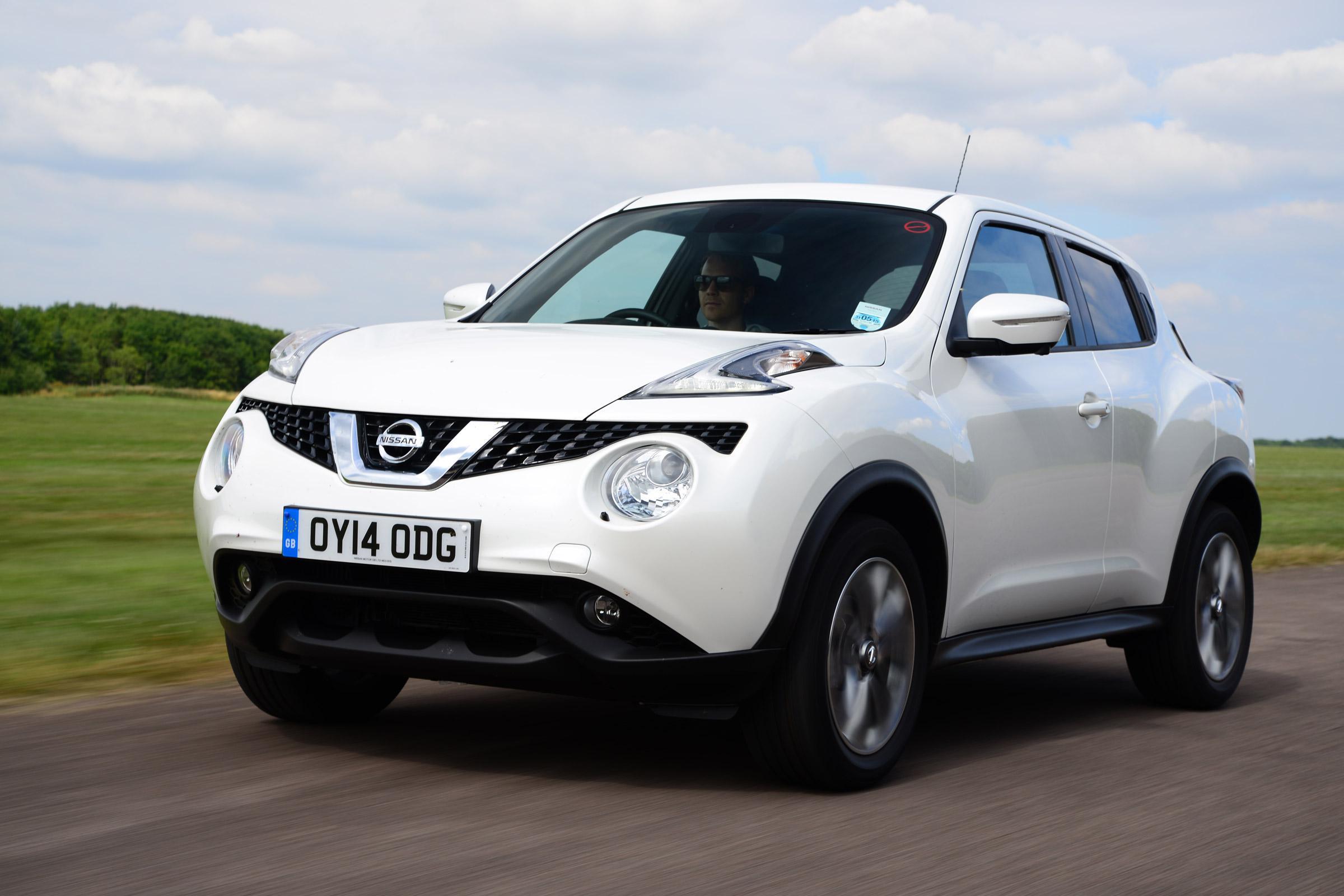
Less is More
In the years leading up to the late 2000s, cars became steadily roomier, safer and better tooled, but they also gained weight – hundreds of pounds. And that added weight meant higher fuel consumption and enlargened CO two emissions. and a greater risk of global heating!
Faced with increasingly stringent standards regarding carbon dioxide emissions, automakers have lately been coerced back to the drawing board: tomorrow`s cars have to be lightweight!
- China: one hundred sixteen g/l (2020)
- European Union: ninety five g/l (2021)
- United States: one hundred g/l (2025)
Over the past few years, automakers and equipment manufacturers have made fuel reduction their primary concentrate for innovation. They`ve explored a number of possibilities, including hybrid engines, enhanced engine efficiency and improvements in overall car spectacle in areas such as aerodynamics, weight reduction and rolling resistance.
But weight reduction has emerged as the most promising avenue for fuel savings: we could eradicate up to fifty grams of CO two per kilometer by reducing the weight of vehicles or their equipment – that means eliminating a total of five hundred kilograms!
Faurecia has been working for a number of years to reduce the weight of its products by optimizing design, improving manufacturing processes to incorporate fresh, alternative materials, such as composites, and implementing a “system-based” treatment to reduce the number of components.
We presently supply up to three hundred kg of the equipment on mid-size vehicles. Drawing on a comprehensive set of innovations, we are already in a position to suggest weight savings of almost one hundred kg by 2020. And it doesn’t end there…
Weight reduction through fuel consumption is a strategic area in which our engineers, technicians, designers and specialists proceed to make fresh developments.
A vehicle able to travel one hundred km on two liters of fuel
As part of an automotive industry initiative involving France’s leading car manufacturers and equipment suppliers, known as the Plateforme de la Filière Automobile, Faurecia has played an active part in the project to develop a vehicle able to travel one hundred km on two liters of fuel to design an affordable car that keeps CO two emissions down to fifty g/km. Faurecia has been instrumental in developing the Peugeot Hybrid`Air and Renault Eolab, two prototypes that are making their international debut at the Paris Motor Showcase.
